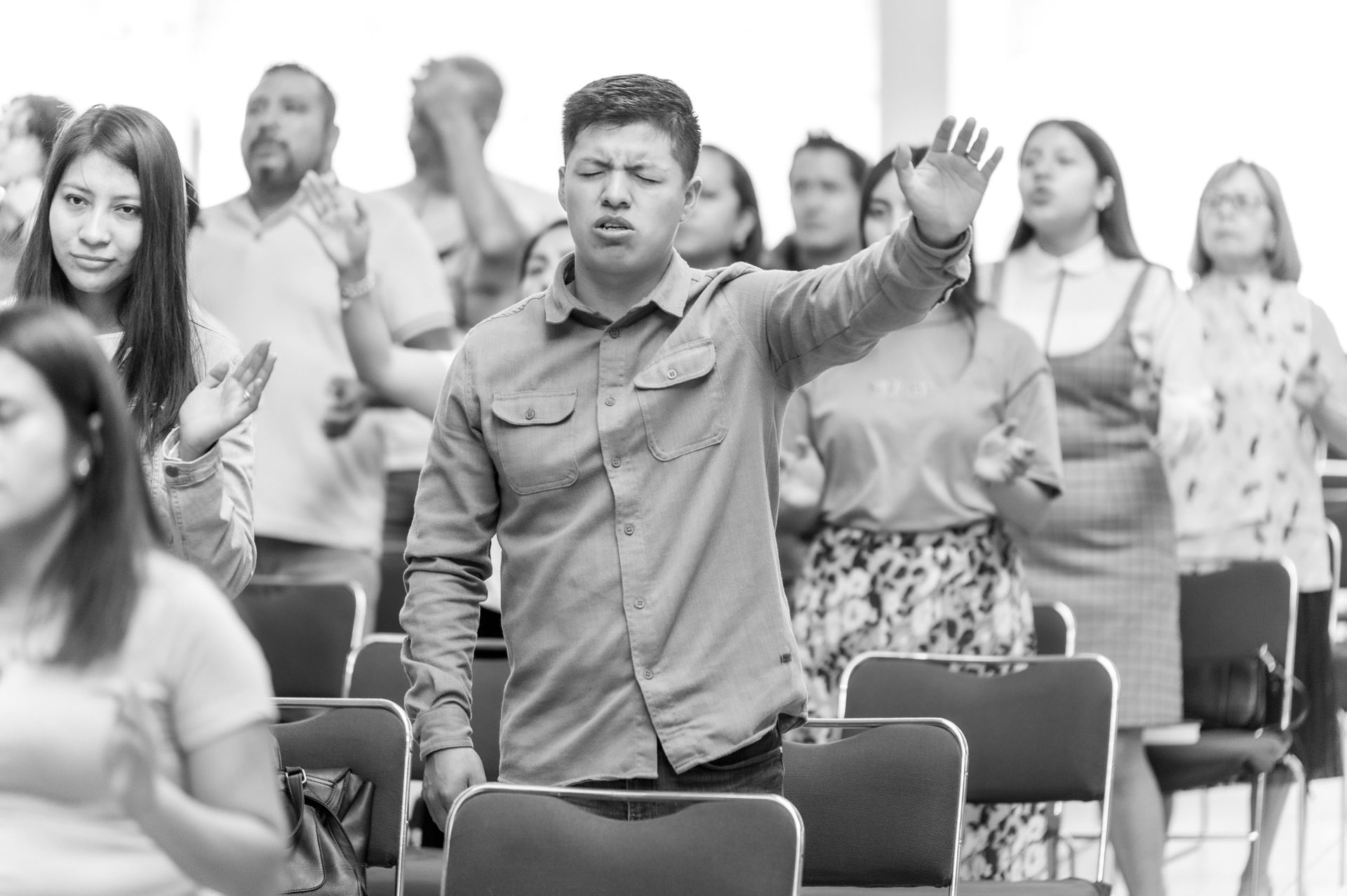Más allá del Paradigma: Liderando el Cambio Generacional
El ministerio hoy es más desafiante que nunca, pero no estamos empezando desde cero. Edificamos sobre el legado de quienes fueron fieles antes que nosotros. Sin embargo, en medio de un mundo cambiante, vale la pena preguntarnos: ¿si el mayor obstáculo para el crecimiento futuro de nuestras iglesias no es una pérdida de misión, sino los paradigmas a los que nos aferramos sin darnos cuenta?
Muchas de nuestras estructuras ministeriales, diseñadas con buena intención en otra época, podrían estar dificultando el desarrollo de la siguiente generación de líderes bilingües y biculturales que Dios está levantando hoy. Honramos el pasado, pero también debemos mirar hacia el futuro.
¿Estamos dispuestos a considerar un cambio de paradigma que honre nuestras raíces y, al mismo tiempo, abrace con valentía la diversidad de nuestras comunidades presentes y futuras?
Nuestros reglamentos, visión, valores y declaraciones de misión bien pensados y bien escritos son claros; pero nuestros paradigmas, a menudo, resuenan más. A pesar de los documentos que nos guían, los pastores y ministros suelen operar a partir de un paradigma no escrito transmitido por generaciones anteriores, que refleja más que nuestras creencias teológicas; también abarca elementos de convicción personal, valores y cultura. Los paradigmas dentro de nuestras iglesias dan forma a nuestro enfoque ministerial y juegan un papel clave en el futuro de nuestras congregaciones. Como sugiere Mark Lau Branson, sin autoconciencia, corremos el riesgo de malinterpretar a los demás y subestimar la influencia de nuestra herencia en nuestra percepción, pensamiento y acciones.
Tal vez es tiempo de reinterpretar cómo se ve un ministerio éxitoso, fructífero y relevante en el contexto de la próxima generación. La próxima generación ofrece nuevas perspectivas moldeadas por diversas experiencias culturales. Aprecian su herencia hispana, las tradiciones, el idioma, los valores, pero muchos piensan, hablan y sueñan en inglés. A nuestra generación joven le encantan los chilaquiles hechos por mamá los domingos por la tarde, pero son igualmente felices comiendo una rebanada de pizza de pepperoni después de la iglesia. En casa, sus padres les recuerdan que saluden respetuosamente a sus mayores con un firme apretón de manos, pero en la escuela, es más probable que escuchen un "¿Qué onda?" casual o un choque de puños rápido. Muchos hablan español con fluidez cuando hablan con sus padres o piden conchas en la panadería local, sin embargo, en las discusiones de clase, proyectos en grupo y publicaciones en las redes sociales, el inglés es su idioma preferido. Nuestros jóvenes encarnan dos mundos e intentan honrar a ambos sin sentir que tienen que elegir uno sobre el otro.
¿Qué podemos hacer nosotros? Trabajar para cerrar la brecha cultural entre generaciones, particularmente abordando el cambio del español al inglés, cada vez más dominante entre los miembros más jóvenes. La afirmación de estos cambios culturales entre nuestros líderes emergentes crea una conexión. Afirmar la cultura cambiante no significa abandonar la doctrina; en cambio, implica transmitirla de una manera que resuene de manera efectiva. Nuestros jóvenes buscan mentores que estén comprometidos con la orientación, no con el control. Si invertimos tiempo, escuchamos bien y modelamos la fe en acción, la Generación Z se sentirá vista, apoyada y conectada. La iglesia prospera cuando la tradición se combina con la innovación.
El Reach Center busca brindar capacitación, tutoría, ánimo y una sólida red de apoyo comunitaria diseñada para la próxima generación de ministros hispanos que comprenden los desafíos y oportunidades únicos de liderar en un contexto bilingüe y multicultural.







